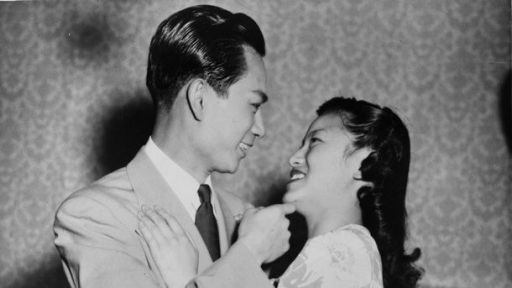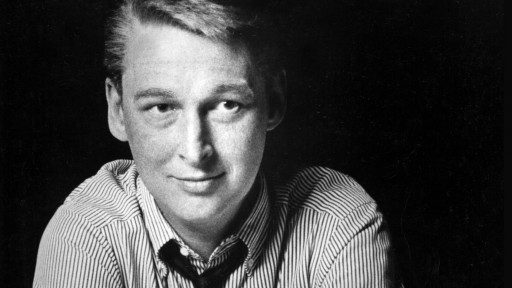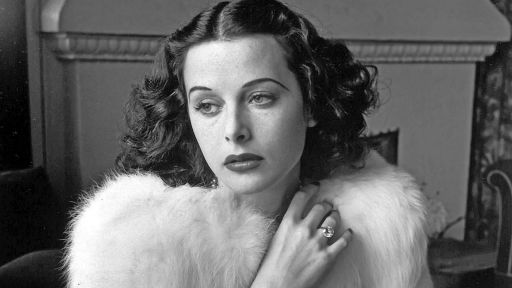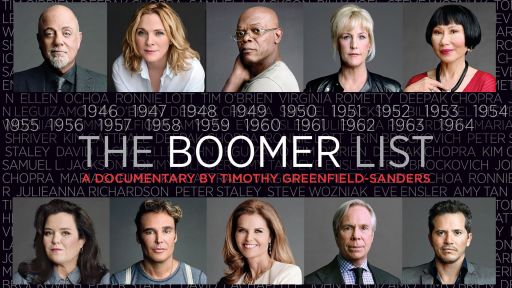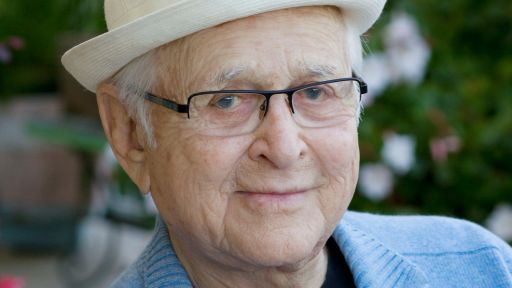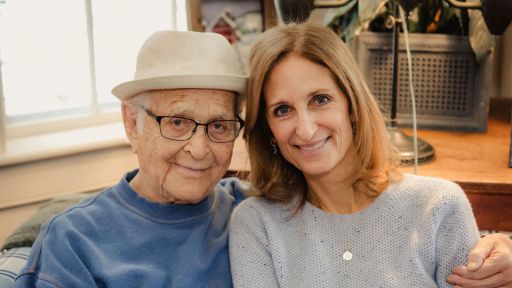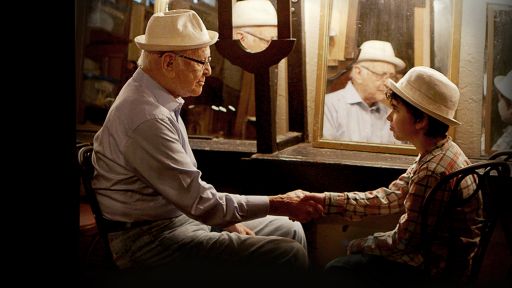Commentary and discussion on Norman Lear’s legacy.
Written Features
Video Features
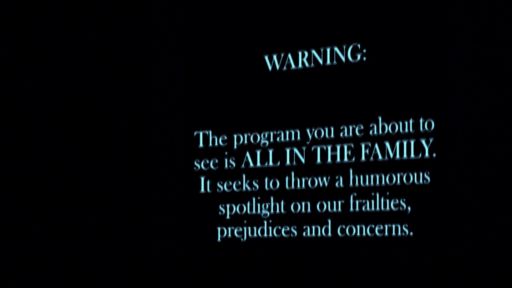
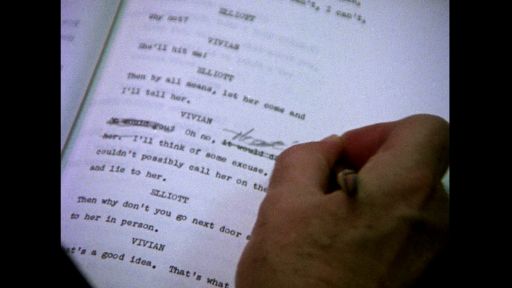
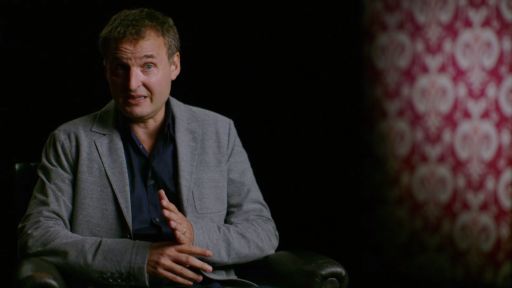
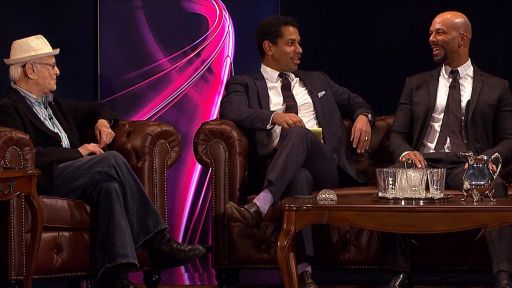
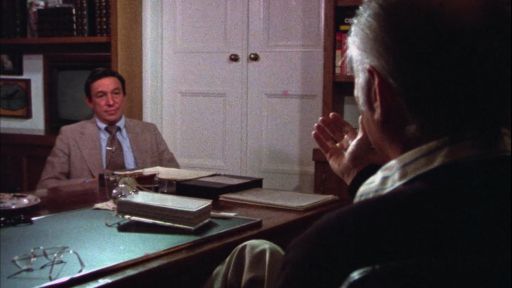
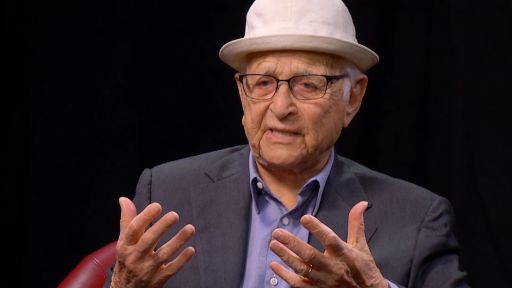
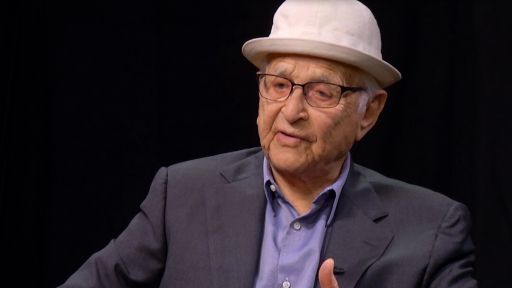
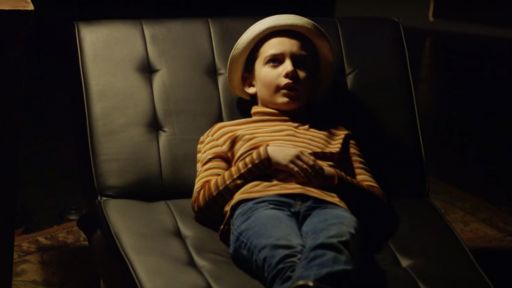

We have a very special guest whose - who did so much to make growing up in the seventies, as I did, as fun as it was and my personal favorite of his, 'The Jeffersons,' because it was always fun as a kid in the seventies to see a black man in his own home slamming the door on white people - couldn't get enough of that - please welcome Norman Lear. We got to see ourselves and in 'Good Times' and everybody didn't grow up - you know, obviously every person of color didn't grow up poor, but these characters were real to us. Like, when we would go to school the next day, we're talking about what happened on the show, and being from Chicago, every time people would come to Chicago they wanted to see the 'Good Times' projects. Yeah, they didn't want to stay long, but they wanted to see it for a second. I remember when I first signed my deal - my first recording contract, went to the bank, got my my checkbook.
I immediately went home and put it on the desk, because that's what George did and, you know so George Jefferson taught me about managing finances. But like, 'Good Times' was bigger than 'Happy Days' at times and, like, the Fonz was losing to J.J. - like he sold like - how about this? J.J. sold more lunch boxes than the Fonz, man.
And like, because J.J. had 'Dyn-o-mite,' that made the Fonz go 'Ayyyy,' and they kept dialing up the boy, and he kept going 'Ayyy' to compete with the 'Dyn-o-mite.'
Like, this was a real thing that was going on like - this was beef. Like this was Beef.
Like, Norman Lear created beef, too.
You May Also Like
